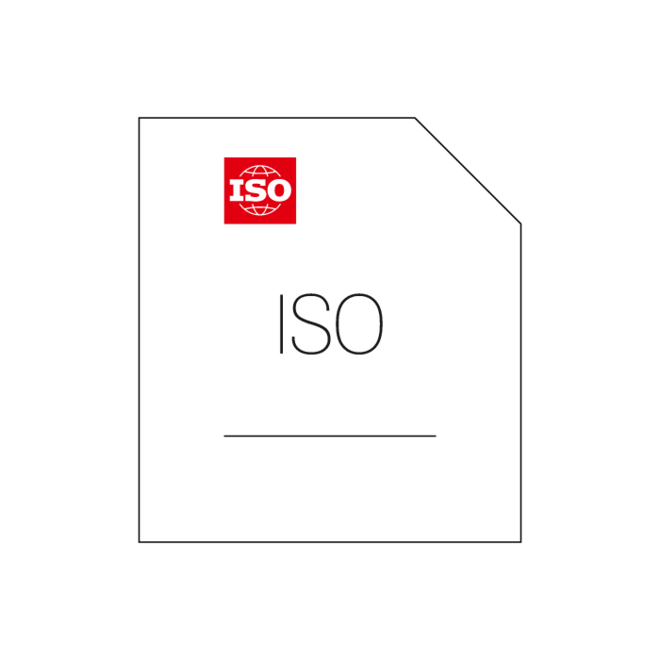

ISO 3251:2003
Ausgabedatum: 2003 02 25
Paints, varnishes and plastics — Determination of non-volatile-matter content
ISO 3251:2003 specifies a method for determining the non-volatile-matter content by mass of paints, varnishes, binders for paints and varnishes, polymer dispersions and condensation resins such as phenolic resins (resols, novolak solutions, etc.).
The method is also applicable to formulated dispersions containing fillers, pigments and other auxiliaries (e.g. thickeners and film-forming agents). For the method to be usable for unplasticized polymer dispersions and rubber latices, the non-volatile residue (which consists essentially of the polymeric material and of small quantities of auxiliaries such as emulsifiers, protective colloids, stabilizers, solvents added as film-forming agents and -- especially for rubber latex concentrate -- preserving agents) has to be chemically stable under the test conditions. For plasticized samples, the residue, by definition, normally includes the plasticizer.
NOTE 1 The non-volatile-matter content of a product is not an absolute quantity but depends upon the temperature and period of heating used for the determination. Consequently, when using this method, only relative and not true values of the non-volatile-matter content are obtained owing to solvent retention, thermal decomposition and evaporation of low-molecular-mass constituents. The method is therefore primarily intended for testing different batches of the same type of product.
NOTE 2 This method is suitable for synthetic rubber latices provided heating for a specific period of time is considered appropriate.
NOTE 3 In-house methods for determining non-volatile matter often include drying with infrared or microwave radiation. Standardization of such methods is not possible, since they are not generally applicable. Some polymer compositions tend to decompose during such treatment and therefore give incorrect results.


